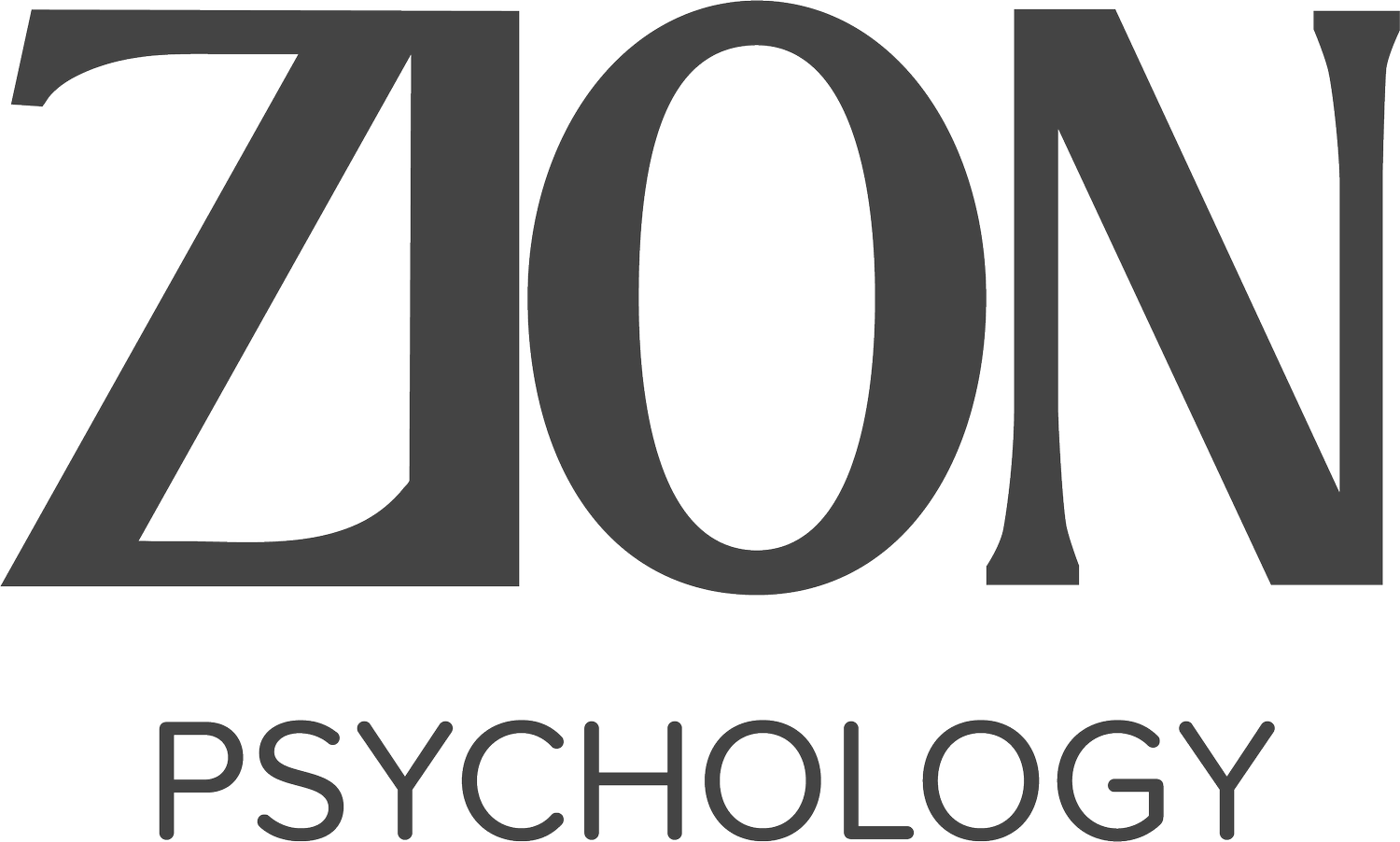
Zion Psychology is a specialized psychological assessment practice committed to providing comprehensive, accurate, and insightful evaluations for individuals of all ages. The practice focuses on delivering personalized assessments to better understand a wide range of psychological conditions. Our goal is to provide clients with a deeper understanding of their unique psychological makeup, helping guide treatment plans, educational strategies, and personal development. Whether for clinical purposes, academic needs, or workplace assessments, Zion Psychology offers a professional, thorough approach to psychological evaluation in a supportive and confidential environment.
What can I expect from an evaluation?
The process of psychological testing is a structured, confidential assessment designed to provide valuable insights into your cognitive abilities, emotional functioning, and mental health. This process begins with an initial diagnostic interview to discuss concerns, goals, and background.
Based on this conversation, appropriate tests are selected tailored to your needs. These tests may include questionnaires, interviews, and standardized assessments that measure various aspects of behavior, intelligence, and emotional health.
Once the assessments are complete, results are reviewed and interpretation and treatment recommendations are provided. This feedback session helps you understand the findings and how they relate to your personal, academic, or professional life.

What kinds of disorders do you evaluate?
Psychological testing can be used to evaluate a wide range of mental health disorders and conditions, helping to identify underlying issues and guide treatment. Some common disorders that can be assessed include:
• Autism Spectrum Disorder (ASD)
• Learning Disabilities, Intellectual Disability, and Dyslexia
• Attention-Deficit/Hyperactivity Disorder (ADHD)
• Personality Disorders
• Obsessive-Compulsive Disorder (OCD)
• Trauma and Stressor-Related Disorders
• Psychotic Disorders: Including schizophrenia, bipolar disorder, and related conditions.
• Differential Diagnosis: When clarification of diagnosis with overlapping symptoms and traits is needed.
• Multiple Diagnosis: When several diagnosis are present and the individual needs clarification and help with treating co-occurring complaints.
